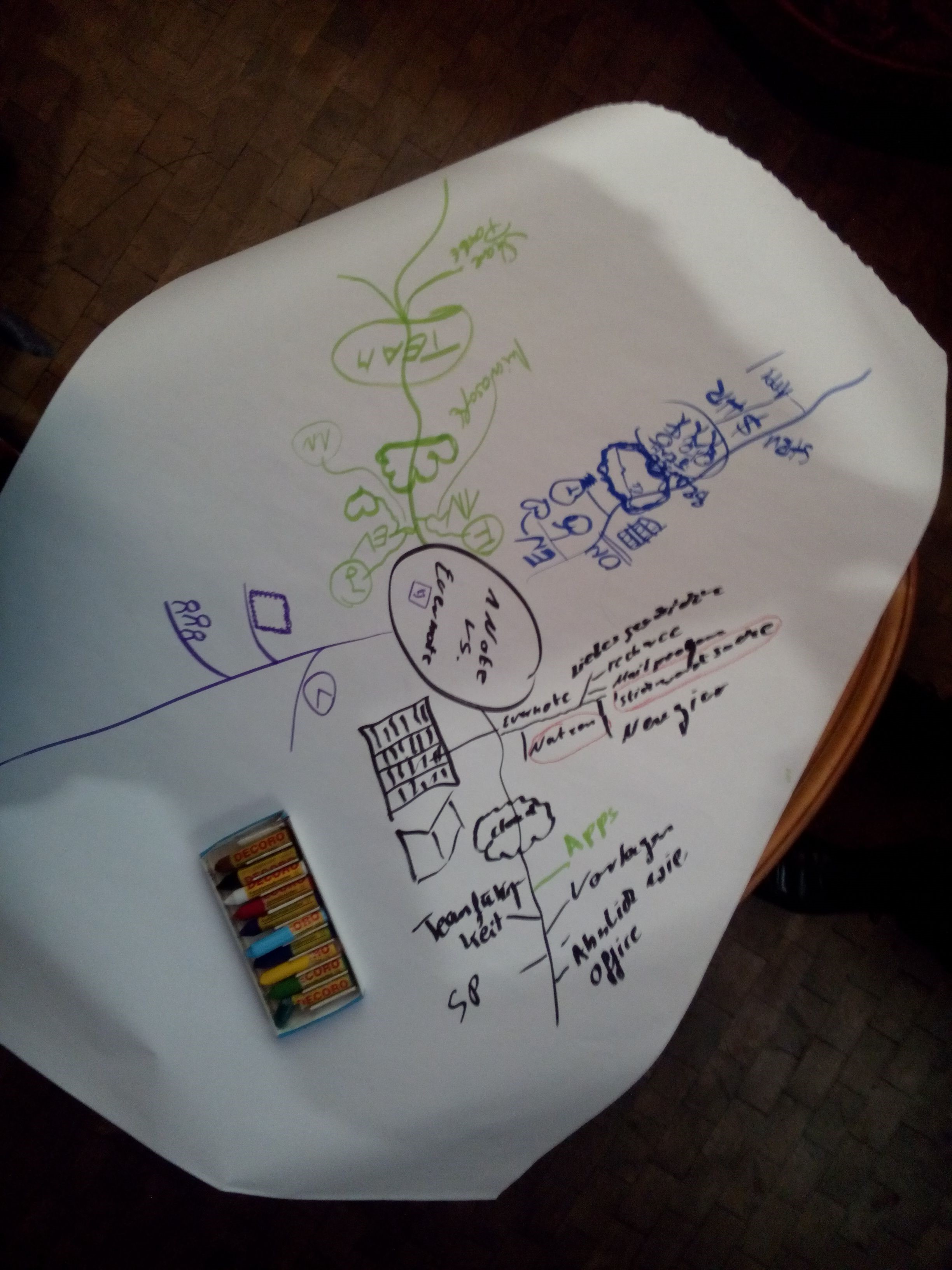

Obsidian’s recent success is closely related to its ability to link your notes. You will need to learn this syntax before you can use Obsidian effectively but don’t worry, it’s simple, and you can use this Obsidian Markdown Syntax Cheatsheet if you forget. This includes a few special characters, such as: Where Obsidian’s files differ from other text files is the basic markdown syntax it uses. You can open these text files in any text editor like notepad, Microsoft Word, Google Docs, or Pages Your files are stored as plain text files with a.
#EVERNOTE VS SOFTWARE#
They are not some strange encoded format that only special software can read. So if you ever stop using Obsidian, all your files are already right there.

In addition, you can use your file explorer to open the file and see all your notes, even without Obsidian running. However, with Obsidian, all your files are stored within a regular folder on your hard drive. In addition, your files are stored on their servers, so you have to trust the company offering you the service and that their security can fend off hackers trying to steal their data. This is great for privacy, as you don’t need to worry about who has access to your notes, with other note-taking apps such as Google Keep, Notion, Roam Research, etc. Instead, they are all saved on your hard drive, giving you control of your data. Unlike most apps you use today, Obsidian doesn’t store your files on its servers. Obsidian is a relatively new, cross-platform second-brain software that links locally stored markdown files to create a network of ideas.
#EVERNOTE VS DOWNLOAD#
For capturing to-dos and to organize your work, digital notes apps can’t be beaten, but make sure it has the features you want before you download and install. It can also be one of the best productivity apps you use. Obsidian comparison goes through all the features and tells you which is best for you.Ī good notes app is more than just a place to jot down ideas. So it’s natural that you’re wondering which to choose. Obsidian has quickly become the best note-taking app and second-brain software. It’s been around for years and is the industry standard for keeping track of your notes.
#EVERNOTE VS FREE#
It is also free to use.Share on Twitter Share on Facebook Share on LinkedIn Share on Pinterest Share on RedditĮveryone’s heard and used Evernote. I am in the process now of saving my Evernotes as pdfs on my laptop for future reference and hopefully Google Keep will be my new note app moving forward. There is a bit of an issue with cut-pasting of images (haven't figured that out yet), but fortunately, most of my notes are text-based. I can use it on my laptop, and it syncs automatically to my phone app. Last week, I began trying out Google Keep. I need to be able to see my notes when I am away from home, so the inability to sync was a failure. I tried deleting the app, reinstalling it, logging out, logging back in, etc. This system worked out great for years, but in the last 3 months, notes no longer sync to my phone, no matter what I do. I kept a running "To Do" list, my calendar, notes about gifts (holiday, birthday) for family and friends, recipes that I wanted to try, journal notes and thoughts, etc. I was using the free version (two devices-laptop and phone). I was using Evernote for my daily life notes. None of these is essential, but I get enough use out of DayOne that I don't begrudge (as I usually do) having to pay a subscription. If you fall behind in your journaling, this is a nice memory jogger. It tracks where you've been during the day and the events from your calendar on that day. I could log them elsewhere, of course, but when I pull up the entries for a given day I get everything related to that day. Small, but useful.įifth, I have special-purpose journals that I use to log things that are useful to me. I guess it would be possible to do that in Evernote, but not quite as neat.įourth, DayOne adds some metadata to the entry: weather, steps taken, etc. Third, DayOne lets you insert a photo into an entry, and I do that nearly every day. DayOne makes it easier to be sure I haven't missed a day.

Second, DayOne sorts in calendar order, Evernote does not. (Actually, for any period.) The subscription gives a twenty-five percent discount, if I recall, which offsets a good part of the cost of the subscription. Several reasons:įirst, in DayOne it is possible to order a physical book of journal entries at the end of each year. Evernote would make a fine journal by itself, but I pay the extra for DayOne.


 0 kommentar(er)
0 kommentar(er)
